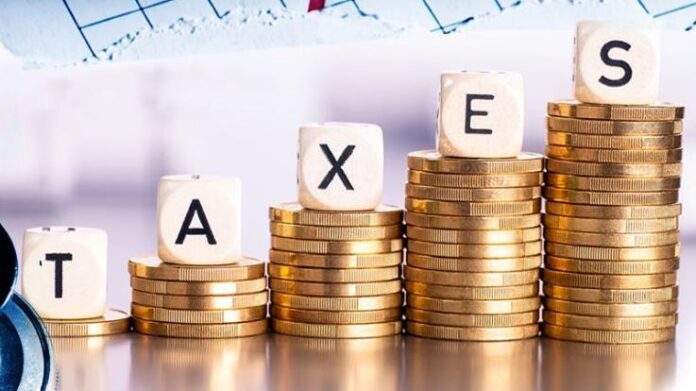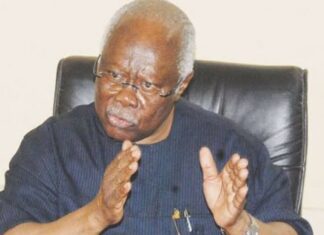Nigeria holds world record of highest corporate tax, kills of economy growth
By Jeph Ajobaju, Chief Copy Editor
Nigeria’s corporate tax at about 34 per cent is the highest in the world, and should be reduced to facilitate investment, productivity, and growth in the economy, advocates the Centre for the Promotion of Private Enterprises (CPPE).
CPPE said the plethora of taxes stifles investment whereas a country seeking job creation, economic inclusion, investment growth, and poverty reduction ought to operate a tax system that favours investors.
CPPE Director Muda Yusuf argued in its Economic Review for 2022 and Agenda for 2023 that the tax regime conflicts with the National Tax Policy which emphasises incentivising investment through less direct taxation.
The document sought a reduction in the Cash Reserve Ratio (CRR) imposed on banks because a high CRR impedes their financial intermediation and adversely impacts their profitability as there is no room for credit creation.
“Corporate tax in Nigeria is 30%. But effective corporate tax is much more than that,” CPPE said.
“There is a tertiary education tax of 2.5% of profit; National Information Technology Development Agency (NITDA) levy of 1% of profit; National Agency for Science and Engineering Infrastructure (NASENI) levy of 0.25% of profit; Police Trust Fund levy of 0.005% of profit. This brings effective corporate tax to about 34%.
“This rate is one of the highest in the world. Average corporate tax rate for Africa is 27.6%; Asian average is 19.52%; European Union is 19.74% and global average is 23.37%.
__________________________________________________________________
Related articles:
Nigeria’s excessive taxation driving food and beverage factories to neighbouring countries
Manufacturers incur N67.8b cost sourcing alternative energy
Indirect taxes fetch treasury N2tr spurred by inflation
__________________________________________________________________
Conflict with National Tax Policy
“Meanwhile, new taxes are still being proposed by the National Assembly. These include Tertiary Health Tax of 1% of profit; and NYSC levy of 1% of profit. There are numerous other taxes imposed on businesses by the states and local governments.
“This multitude of taxes is crippling investment in the Nigerian economy. There is the need for an urgent review,” CPPE added, according to Vanguard.
“The current tax regime is in conflict with the National Tax Policy which prescribes that there should be less emphasis on direct taxation in order to incentivise investment.
“The current Cash Reserve Ratio [CRR] of 32.5% and Monetary Policy Rate [MPR] of 16.5% imposed on the Nigerian banks are among the highest globally.
“High CRR in particular has become a key impediment to financial intermediation by the banks. Even more disturbing is the fact that effective CRR is as high as 50% or more for some banks.
“Financial intermediation is a fundamental function and essence of the banking system in an economy. The high CRR has made it difficult for the banks to play their primary role of financial intermediation.
“Their profitability is also adversely impacted because of limited room for credit creation activities.
“Ways and Means finances of the apex bank pose greater liquidity and inflation risk to the economy than bank deposits.
“We seek a reduction in CRR so that the banks can be better placed to play their primary role of financial intermediation in the economy.”













